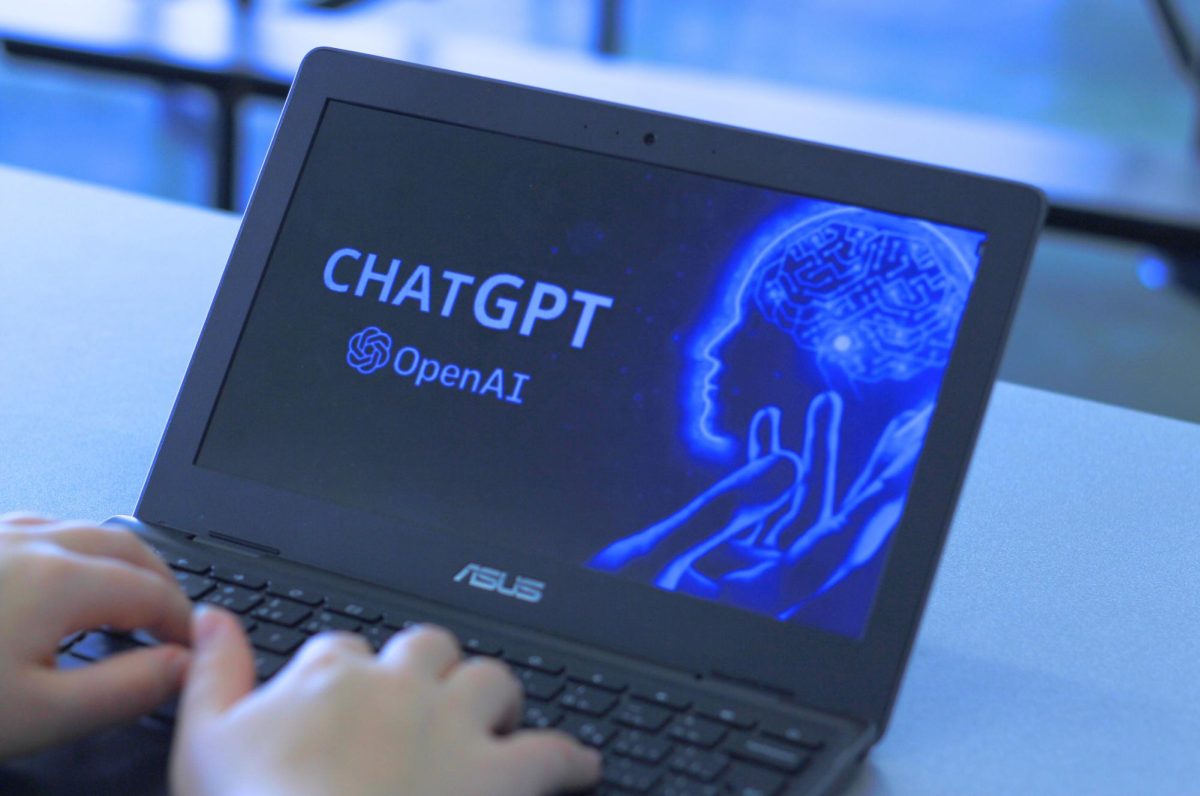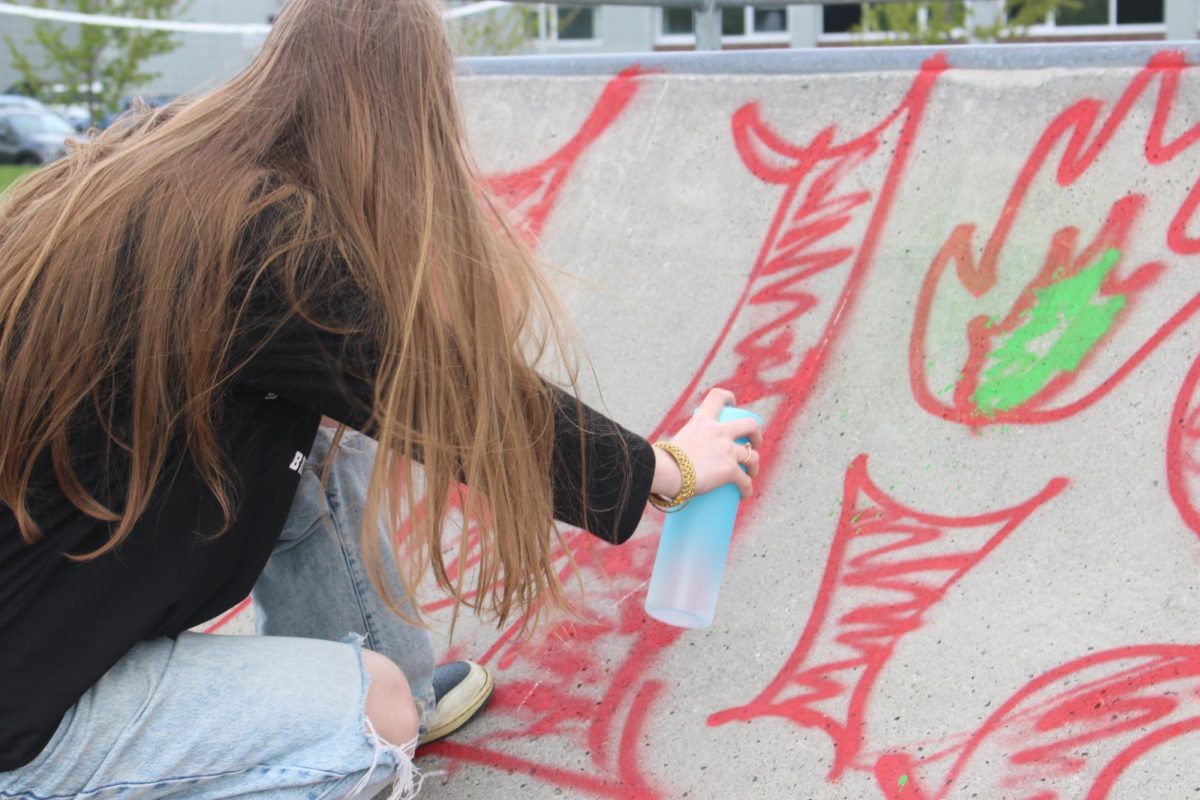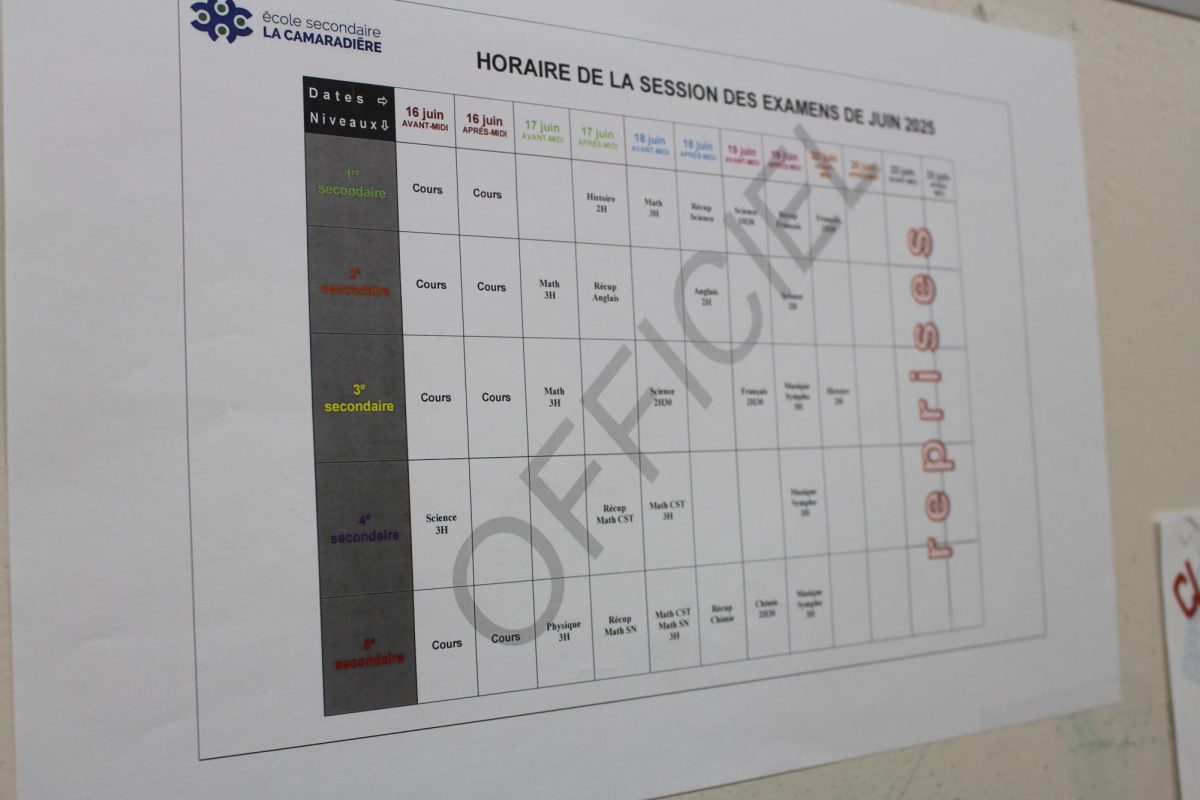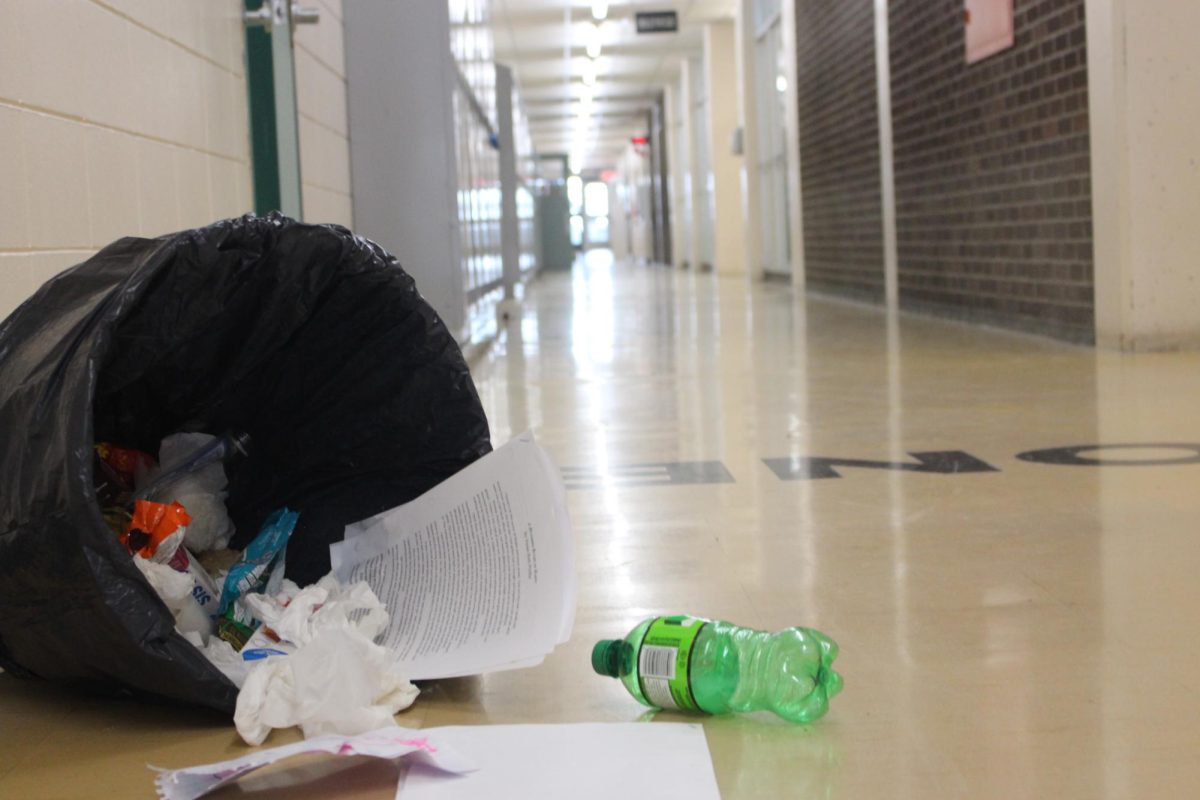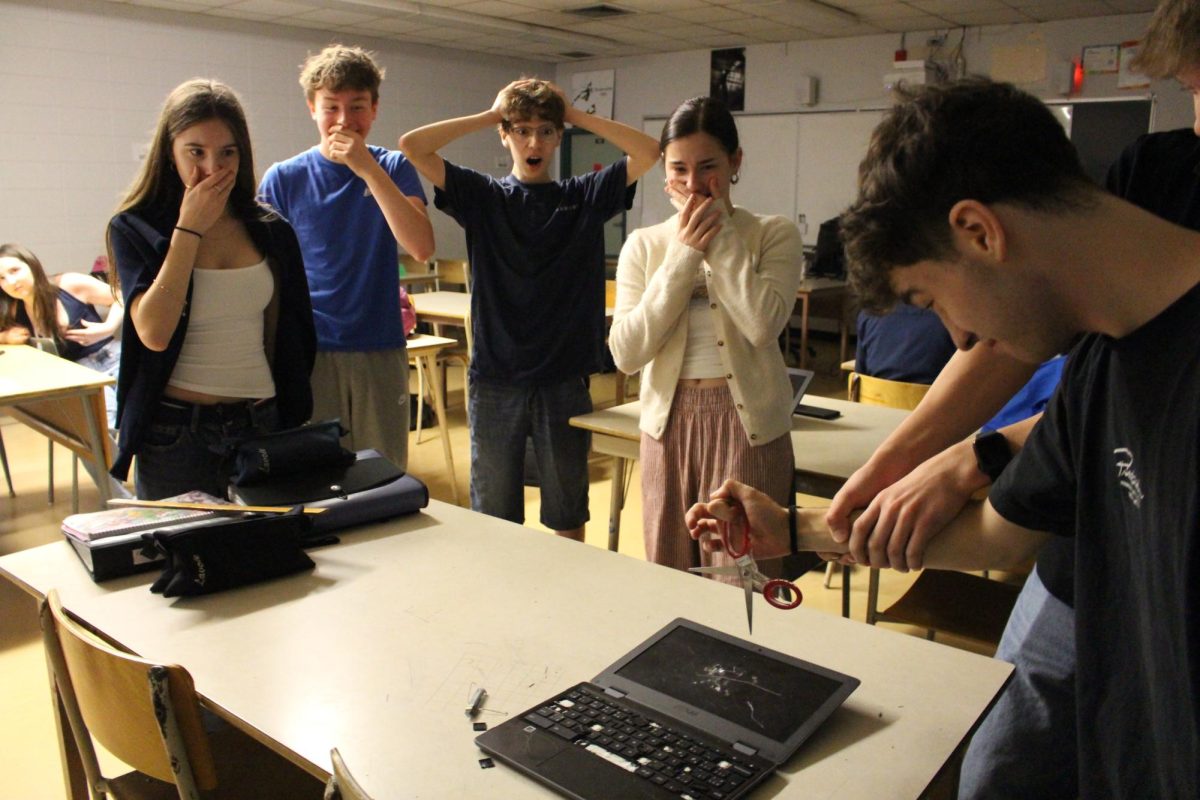About 6 out of 10 Canadian students use AI to complete their schoolwork. This year, 59% of students have used artificial intelligence for their assignments, compared to 52% last year. Le Journal talked with many teachers, and a lot of them said that more students are using ChatGPT to cheat this year.
According to the KPMG study, 46% of students use AI to generate ideas, 41% use it to search for any kind of information, and 38% use it to improve or review their work.
Seventy percent of the 423 students KPMG surveyed would rather ask questions to an AI than to a teacher.
For the French exams in December, where students had to write a story, teachers noticed that some students used AI. Students asked ChatGPT to write a story, memorized it, and wrote it on the day of the exam.
Teachers can use different tools to check if a student’s work was written by AI, but they are not one hundred percent accurate. One website might say that a text was written by AI, while another might say the opposite.
Because of the high rate of cheating with ChatGPT, teachers have to find solutions to stop the use of AI. One solution is to hold exams without preparation, so students can’t use the AI app before one.
Of course, cheating with AI has many consequences for students. For example, more than half of students admitted they learn and remember less of what they have studied. They tend to have less of their own ideas and become dependent on this tool.
“Even though students are skilled at using technology, they might not be able to develop their critical thinking skills, which they need to have a successful career and life,” said C.J. James, partner and national leader at KPMG.
Some people now believe it’s a waste of time when teachers have to correct an assignment that has been written by AI. It takes a lot of time to grade, and even more time to prove that the work was generated by AI.
Teachers always wonder whether a student’s work was written by artificial intelligence or not.


